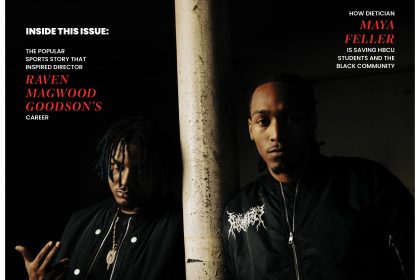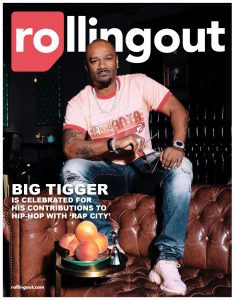As Generation X and the elder half of Generation Y grapple with life as parents and the always-awkward transition from youthful rebel to elder statesman, it becomes painfully obvious that it’s hard to know where to draw the line. The job of youth is to test and push society’s limits. Tina Turner simulated oral sex with microphones onstage, which was undeniably shocking to the older folks of the 1960s. Madonna simulated masturbation onstage, which outraged the elders of the 1980s. Now, Rihanna grinds against her dancers and posts sexy photos on social media. Sure, the platforms are new, but the approach is basically the same.
Just as young people and music that targets young people will be forever scrutinized by elders that are worried about where future generations are headed, those elders are forever charged with attempting to guide the choices and outlook of those youth. But the older generation cannot become hypocrites. The urge to resort to hand-wringing and cry out “What is the world coming to?” has always been powerful and every generation of adults falls into the same traps. But if you ever bopped to Luke songs in the club, or knew all of the words to Madonna’s “Erotic” or owned Janet Jackson’s Velvet Rope album, it’s important to remember that you were once that young person. Listening to music that your parents hated and thought would destroy your impressionable little brain.
With that being said, popular radio has a responsibility to its audience. The lack of balance on the airwaves is a far-reaching issue that results in artistic monotony. It feeds the monster. Artists believe that they have no choice but to create salacious music because radio only plays the oversexed songs. And because those are the songs that get pushed by the label, radio programmers pick them up and the cycle repeats itself.
But don’t ever pretend that any of this is new.
Sex is a part of human existence, but so is love. So is pain. So are a host of other emotions that resonate deeply with audiences and form the basis for who we are. American culture has long had a complicated history with sexuality. Our Puritan roots manifest themselves in the way we view sex. We are fascinated by it and repulsed by it at the same time. And that push-and-pull is evident in our pop music. When sex is presented, it’s often a distorted picture of what human sexuality really is — a combination of carnality and emotional intimacy. For our music to take a healthier view of sex and sexuality, audiences have to seek a more realistic and nuanced approach to sex.
But we haven’t gotten there yet. So folks seem to be happy to just get their rocks off.
And artists are happy to keep serving up hot sex on a platter. Eat at your own risk.
















